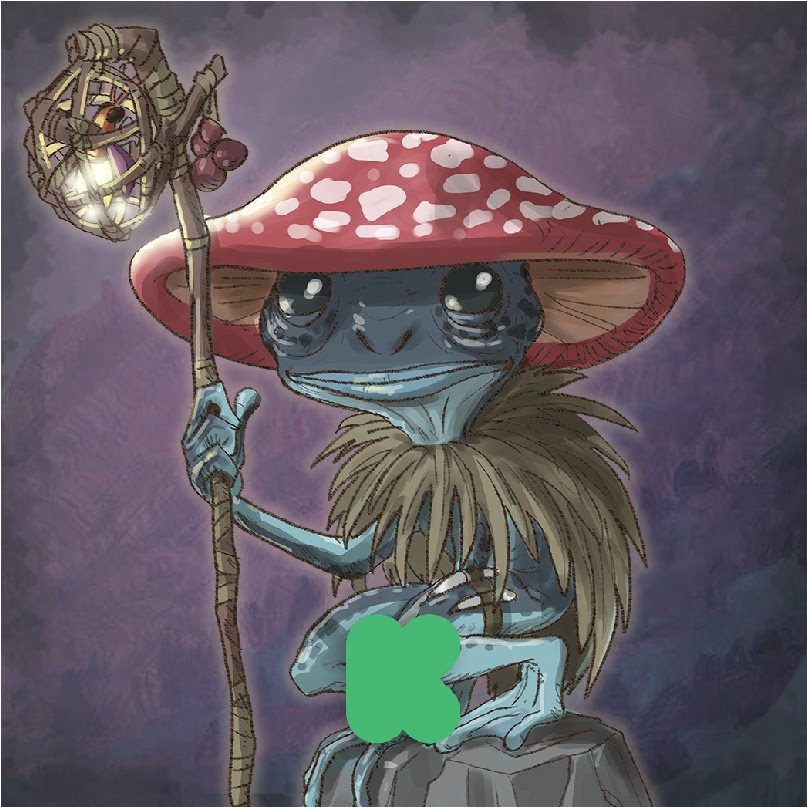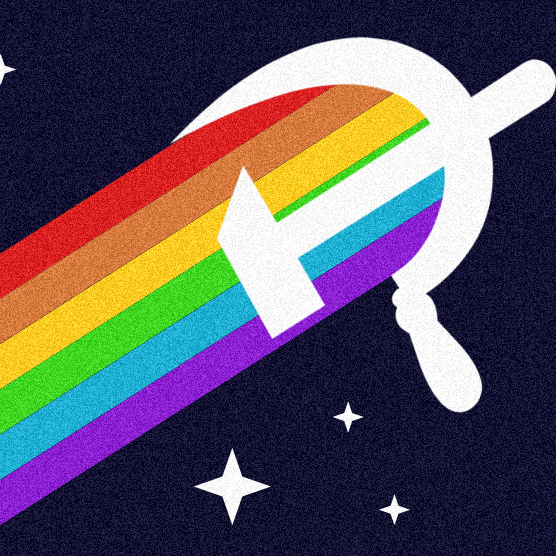Overmorrow refers to the day after tomorrow and I feel like it comes in quite handy for example.
Lugubrious - because it means the opposite of how it sounds!
It’s fun to say, but is defined as sadness, which the word can’t evoke
Lugubre in Spanish. Well known word in this other language. I love this thread!
“Overmorrow” is actually not obscure or obsolete at all in german.
“Übermorgen” is quiete often used (at least around me)Overmorrow refers to the day after tomorrow
Figured the other way around might be as obscure…
nudiustertian: relating to the day before yesterdayYikes
To add to that, “ereyesterday” is the noun version for the day before yesterday.
Never saw this one before and not sure how to pronounce it while the German Vorgestern is as commen as Übermorgen.
English on the other hand has fortnight which I think is very cool as we don’t have a special word for 14 days
A little off topic but I find these words extremely interesting that have no direct translation as they often give a new perspective on things or concepts.
the german version “Übermorgen” is widely used in germany.
Yes, I learned English here in Austria and I remember classmates asking the teacher how to say “vorgestern” and “übermorgen” in English.
We didn’t learn the words “ereyesterday” and “overmorrow” that day, only “the day before yesterday” and “the day after tomorrow”. :(
Overimorgen is widely used in Norwegian.
overmorgen, in Dutch. I heard this ‘overmorrow’ word a couple times as a response in that they wish it did exist
And übermorgen in German
And övermorgon in Swedish
“Thrice” is a somewhat obscure word that otherwise fits.
“Adventitious” is a good one. It means “non-inherent” or “acquired” (as opposed to inherent.)
measure thrice, cut twice.
https://en.wikipedia.org/wiki/Widdershins
Just because it sounds cool.
Sounds like a creature that would have a lot of creepypasta written about it.
Yesss. I love this word and use it whenever I can
And don’t forget turnwise! (which is the opposite rotational direction defined by the direction the disc turns)
Sounds useful in Minecraft. Like you put a sign in a cave “exit widdershins” to tell people to follow the left wall.
In an emergency, you can also exit widdoutershins.
Widdershins start my hair, your Spooktober decorations are so spooky!!!
perambulation is a good one. My morning walk isn’t quite grand enough to be called a ‘constitutional’; nor scenic and leisurely enough to be called a ‘stroll’; nor yet social enough to be called a ‘promenade’; ‘perambulation’ is just the ticket.
I thought the morning constitutional was taking a shit.
Oh I love to perambulate, sitting still is what I really hate
And what a lovely paragraph about it. Thank you.
And a “perambulator” is a kid stroller. It was an enlightening moment when I first came across that word in Neil Stephenson’s “Seveneves”, delved into its etymology and then realised why my British friend called the stroller a “pram”. This is just a contracted form of perambulator.
It did not occur to me that there’s actually also a verb for it, so thank you for pointing that out! I love it, and I will use it henceforth!
Brobdingnagian.
It’s a very big word that means very big.
It comes from Gulliver’s travels. The Brobdingnagians are giants, 12 times the height of humans. The word isn’t limited to that scale, but it’s definitely for things that are unusually large compared to us.
It’s the literal opposite of Lilliputian, which is from the better known race from “Travels” that are 1/12 our size.
It’s my absolute favorite word. Not just because it’s a literary reference but it’s fun to say. Brob ding nag ian. It just burbles off the tongue like a drunken stream stumbling among the rocks of its bed. And, it’s a big word that means big, which is just fun wordplay. Like the phobia of big words, hippopotomonstrosesquippedaliophobia, which was inevitable as soon as the idea of a phobia of big words was conceived.
I have a double whammy: Nonplussed.
Bewildered; unsure how to respond or act. Double whammy because it does not mean not-plussed like many people seem to think.
Nonplussed…that takes me back.
I was educated in a private school for British ex-pats run by a very old and very posh couple. This was the early eighties and they were already in their seventies, so definitely from a different era. Because of this and because of the size of our school (my entire year consisted of nine kids) we ended up quite odd. Up until highschool we had a mild but “poshy” London accent and words like vexing, nonplussed, providential, etc., peppered our vocabulary. Then we moved to Louisiana followed by Texas and that shit went right out.
Also, the word is aluminium. It is NOT aluminum!
I very recently learned that Amour is not universal and I just grew up playing a singular RPG that was developed by a group of British brothers so that forever shaped my expectations for how Armour should be spelled
It’s interesting, it is becoming a modern day contronym
Interesting link! I didn’t know the misuse went back so far.
callipygous : having shapely buttocks
I prefer callipygian
Also: gyatt.
and zaftig
of a woman : having a full rounded figure : pleasingly plump
Duodenum.
Doo-odd-in-umm.
The duodenum is the first section of the small intestine in most higher vertebrates, including mammals
Rob is a name in English. Rob means slave in Bosnian.
An ultracrepidarian—from ultra- (“beyond”) and crepidarian (“things related to shoes”)—is a person considered to have ignored this advice and to be offering opinions they know nothing about.
The word is derived from a longer Latin phrase and refers to a story from Pliny the Elder
The phrase is recorded in Book 35 of Pliny the Elder’s Natural History as ne supra crepidam sutor iudicaret[1] (“Let the cobbler not judge beyond the crepida”) and ascribed to the Greek painter Apelles of Kos. Supposedly, Apelles would put new paintings on public display and hide behind them to hear and act on their reception.[2] On one occasion, a shoemaker (Latin sutor) noted that one of the crepides[a] in a painting had the wrong number of straps and was so delighted when he found the error corrected the next day that he started in on criticizing the legs.[2] Indignant, Apelles came from his hiding place and admonished him to confine his opinions to the shoes.[2] Pliny then states that since that time it had become proverbial.[2]
Borborygmus I use often enough, but it’s not widely known. It’s the gurgling sound produced by the movement of gas through your intestines.
Limaceous I almost never use, but I enjoy it anyway. It means characteristic of or pertaining to slugs.
And lastly, tawdry is one of my favorites meaning showy but cheap and poor quality.
At least 20 years of having slugs as a special interest and I never heard the word limaceous?? Thank you for correcting this!
Now to find out if it actually has specific academic usage and the biologists will execute me if I use it regarding slugs outside the superfamily Limacoidea.
The are all great, but tawdry is fantastic!
Rolls of the tongue, and we all come across several tawdry things/people in a given day.
I don’t think tawdry is archaic. A little uncommon, but still in use.
philalethist, A lover of truth.
Not to be confused with philatelist, a stamp collector. The word means to enjoy receiving something without the necessity of payment.












